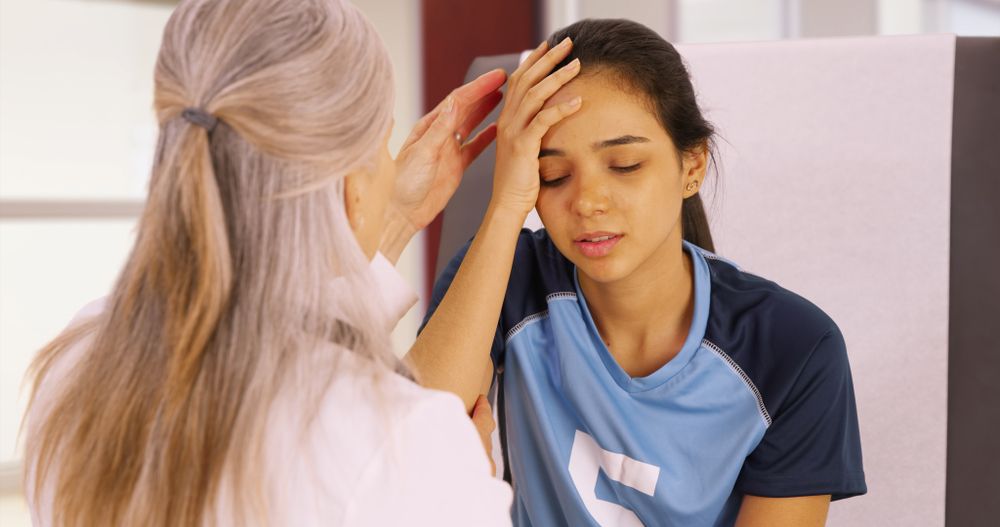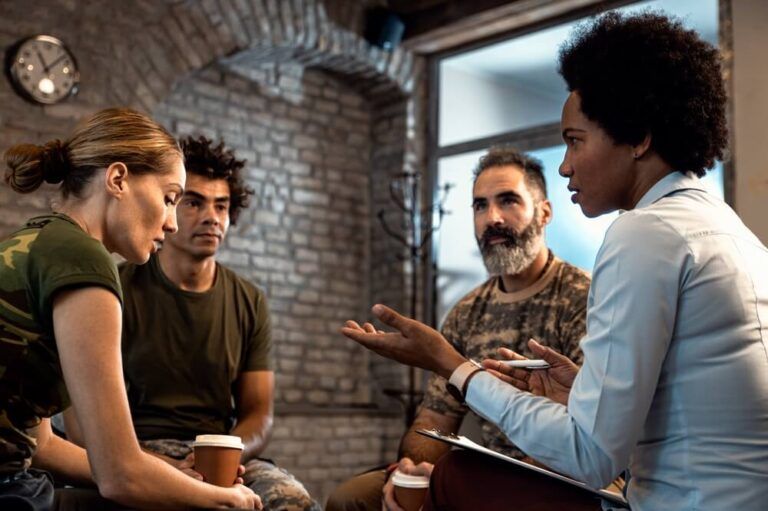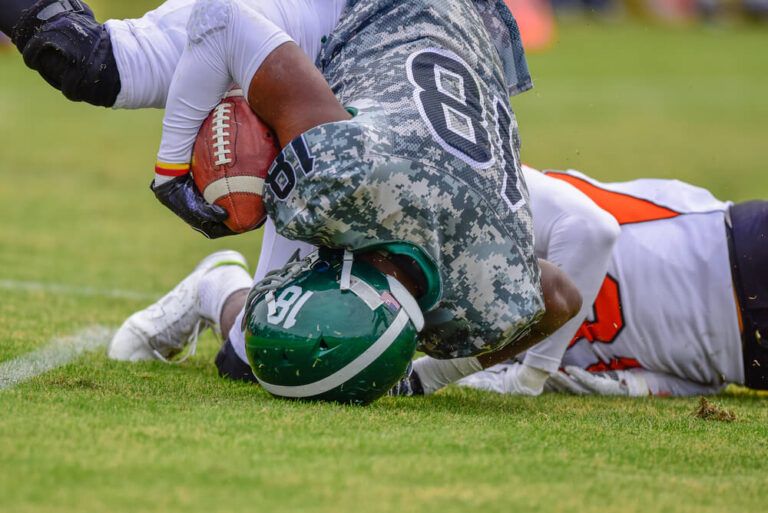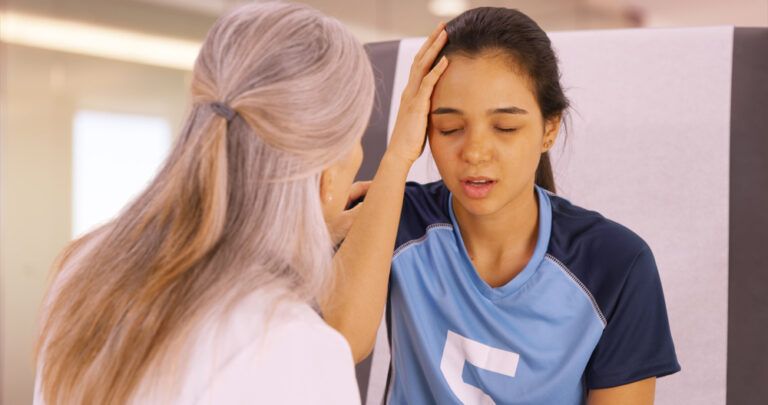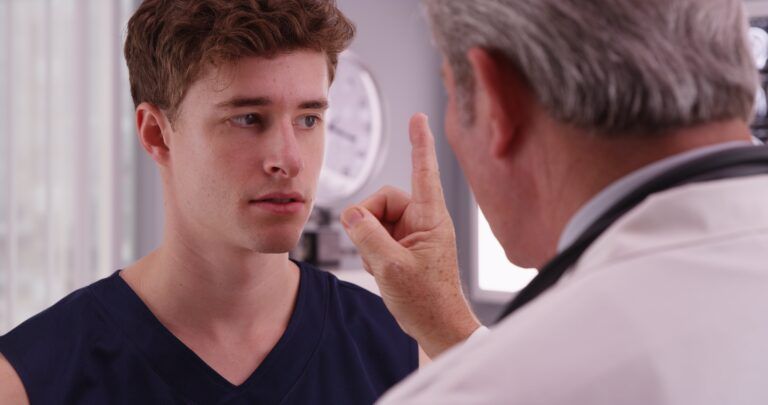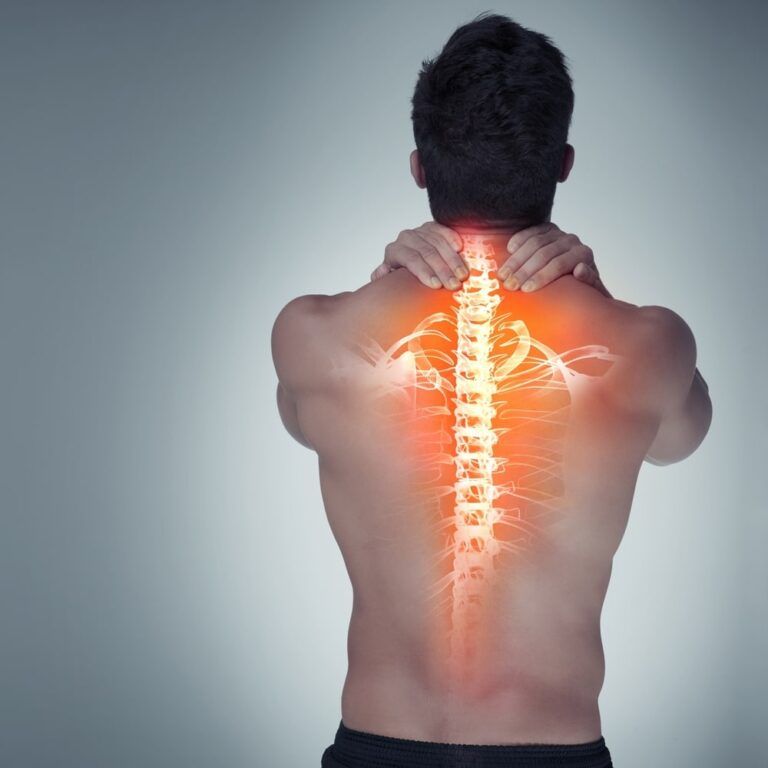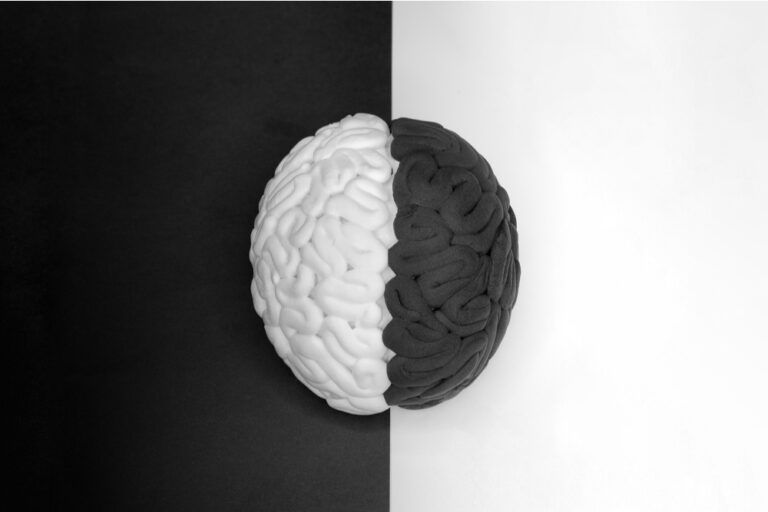Preventing Concussions in Summer Sports
As the temperature rises and the days grow longer, many of us eagerly jump into our favorite summer sports. Whether it’s soccer, cycling, or surfing, staying active is a great way to enjoy the season. However, with increased physical activity comes the risk of concussions, especially in high-impact sports. Here are some tips to keep yourself and your loved ones safe.
Know the Risks
Understanding which activities carry a higher risk of concussions can help you take necessary precautions. Contact sports like football, soccer, and lacrosse are obvious culprits, but even seemingly low-risk activities like cycling or skateboarding can result in head injuries if proper safety measures aren’t taken.
Tips for Prevention
- Warm-Up Properly: A good warm-up can prepare your body for physical activity and reduce the risk of injury.
- Stay Hydrated: Dehydration can impair your focus and coordination, increasing the risk of accidents.
- Use Proper Technique: Learning and maintaining correct techniques can reduce the likelihood of injury. This applies to everything from tackling in football to landing jumps in skateboarding.
- Be Aware of Your Surroundings: Keeping an eye on your environment and fellow players can help you avoid collisions.
What Athletes Need to Know About Concussion Risks
Athletes, whether professional or amateur, need to be aware of the risks associated with concussions and how to mitigate them. Awareness and education are key to preventing and managing these injuries effectively.
Understanding Concussions
A concussion is a type of traumatic brain injury caused by a blow to the head or body that causes the brain to move rapidly inside the skull. Symptoms can include headaches, dizziness, confusion, and memory problems, but they can vary widely among individuals.
Immediate Steps Post-Injury
If you suspect a concussion, it’s crucial to take immediate action:
– Stop Playing: Continuing to play after a concussion can worsen symptoms and prolong recovery.
– Seek Medical Attention: A healthcare professional can assess the injury and provide guidance on recovery.
– Rest and Recover: Physical and mental rest are essential for the brain to heal.
Long-Term Considerations
Repeated concussions can have long-term effects on cognitive function and overall brain health. It’s important to follow medical advice and allow adequate recovery time before returning to play.
The Role of Protective Gear in Preventing Head Injuries
Protective gear plays a vital role in reducing the risk of concussions and other head injuries. Wearing the right equipment, and wearing it correctly, can make all the difference.
Helmets
Helmets are a must in many sports, from cycling and skateboarding to football and hockey. They are designed to absorb impact and protect the skull, but they need to fit properly to be effective. Make sure your helmet:
– Fits snugly: It shouldn’t move around on your head.
– Is in good condition: Replace helmets after a significant impact or every few years, depending on the manufacturer’s guidelines.
– Meets safety standards: Look for certifications from organizations like the Consumer Product Safety Commission (CPSC) or the American Society for Testing and Materials (ASTM).
Mouthguards and Face Shields
In sports like hockey, lacrosse, and football, mouthguards can help prevent dental injuries and reduce the risk of concussions by absorbing some of the impact forces. Face shields provide additional protection for the face and head.
Additional Gear
Depending on the sport, additional protective gear like padded headbands (for soccer) or crash pads (for extreme sports) can provide extra layers of protection.
Stories from Athletes: Overcoming Concussions
Hearing from athletes who have experienced and overcome concussions can provide inspiration and practical insights for others facing similar challenges. Here are a few stories that highlight resilience and recovery.
Jane’s Journey: From Soccer Star to Advocate
Jane was a high school soccer player who suffered a severe concussion during a game. Her journey to recovery was long and challenging, but she persevered with the support of her family and medical team. Today, Jane is an advocate for concussion awareness and prevention, sharing her story to help others understand the importance of taking head injuries seriously.
Tom’s Triumph: Cycling Back to Health
Tom, an avid cyclist, experienced a concussion after a fall during a race. Initially, he struggled with symptoms like headaches and dizziness, but through a combination of rest, physical therapy, and gradual return to activity, he made a full recovery. Tom now emphasizes the importance of wearing a helmet and following safety guidelines.
Maria’s Marathon: Running Through Recovery
Maria, a marathon runner, suffered a concussion in a car accident. Her recovery process included rest, cognitive therapy, and a gradual return to training. Maria’s determination and positive mindset helped her not only recover but also return to marathon running. She now mentors other athletes dealing with concussions.
Conclusion
Concussions are a serious concern in sports, but with proper precautions, awareness, and support, athletes can continue to enjoy their favorite activities while minimizing the risk of injury. Remember, safety always comes first. Whether you’re an athlete, coach, or parent, staying informed and proactive can make a significant difference in preventing and managing concussions.


